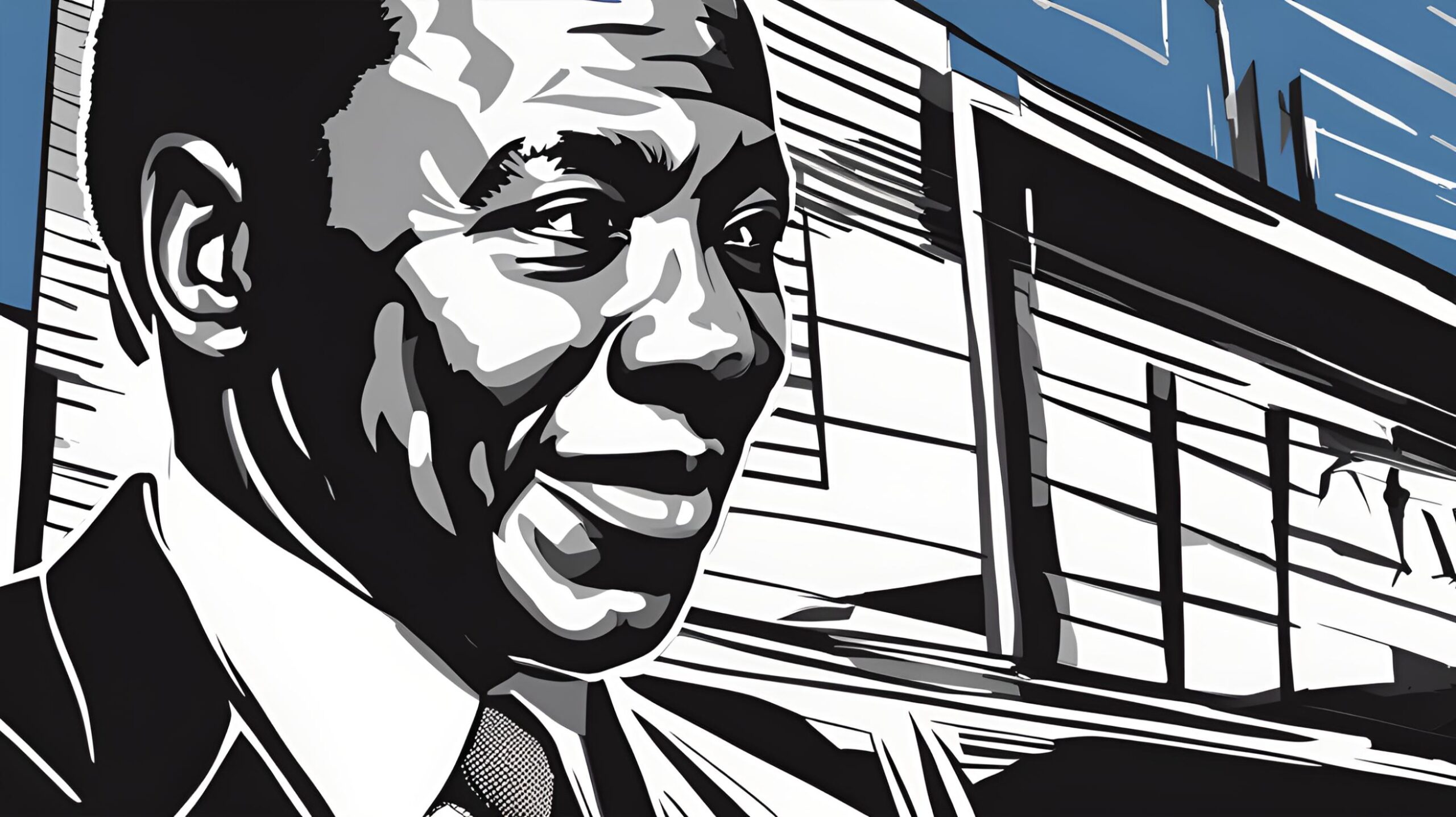Flashback to June 15
American History

On June 15, 1971, a significant event took place in the United States that would have a lasting impact on the civil rights movement. Vernon E. Jordan Jr. was appointed as the executive director of the National Urban League. This appointment greatly influenced the direction and effectiveness of the organization in its mission to empower African Americans and advocate for their civil rights.
Vernon E. Jordan Jr. was born on August 15, 1935, in Atlanta, Georgia. He grew up in a segregated community during a time of racial tension and discrimination. Despite facing numerous challenges, Jordan excelled academically and became a prominent figure in the civil rights movement.
His appointment as the executive director of the National Urban League was a significant milestone in his career and a turning point for the organization. The National Urban League, founded in 1910, has been dedicated to advancing civil rights and economic opportunities for African Americans. Jordan’s leadership would bring renewed energy and strategic vision to the organization.
During his tenure as executive director, Jordan implemented several key initiatives that enhanced the National Urban League’s impact. He prioritized economic empowerment and educational opportunities for African Americans, recognizing that these were essential components in achieving true equality.
Under Jordan’s leadership, the National Urban League promoted initiatives such as job training programs and entrepreneurship support to empower individuals and communities to overcome poverty. This emphasis on economic self-sufficiency aligned with the broader civil rights movement’s goals of dismantling systemic barriers to economic opportunities.
In addition to economic empowerment, Jordan also focused on educational equity. He recognized the power of education to break the cycle of poverty and discrimination. Under his guidance, the National Urban League invested in programs aimed at improving access to quality education for African American students. Jordan believed that education was a crucial tool in creating a more just and equitable society.
Furthermore, Jordan utilized his position to advocate for policy changes that would benefit African Americans. He worked tirelessly to influence legislation and push for equal rights, not just on a local level, but also on a national scale. His strategic approach to advocacy and policy reform helped cement the National Urban League’s position as a leading voice in the civil rights movement.
Jordan’s impact extended beyond his role at the National Urban League. He became a prominent figure in national politics, serving as a close advisor to presidents and playing a vital role in shaping policy agendas that addressed racial inequality. His influence on both the civil rights movement and the political landscape cannot be overstated.
The appointment of Vernon E. Jordan Jr. as the executive director of the National Urban League on June 15, 1971, was a pivotal moment in the organization’s history. Jordan’s leadership revitalized the National Urban League, focusing on economic empowerment and educational equity to further the cause of civil rights. His strategic initiatives and advocacy efforts solidified the National Urban League’s position as a leading voice in the fight for racial equality. Vernon E. Jordan Jr.’s legacy continues to inspire and guide future generations in their pursuit of a more equitable society.
We strive for accuracy. If you see something that doesn't look right, click here to contact us!
Sponsored Content

Vernon E Jordan Jr…
On June 15, 1971,…

The Great Smoky Mountains…
On June 15, 1934,…

Jacob Fussell, Baltimore dairyman,…
On June 15, 1851,…

C Jackson discovers asteroid…
On June 15, 1934,…

Off the coast of…
On 6/15/2005, a powerful…

California Governor Ronald Reagan…
On June 15, 1967,…

